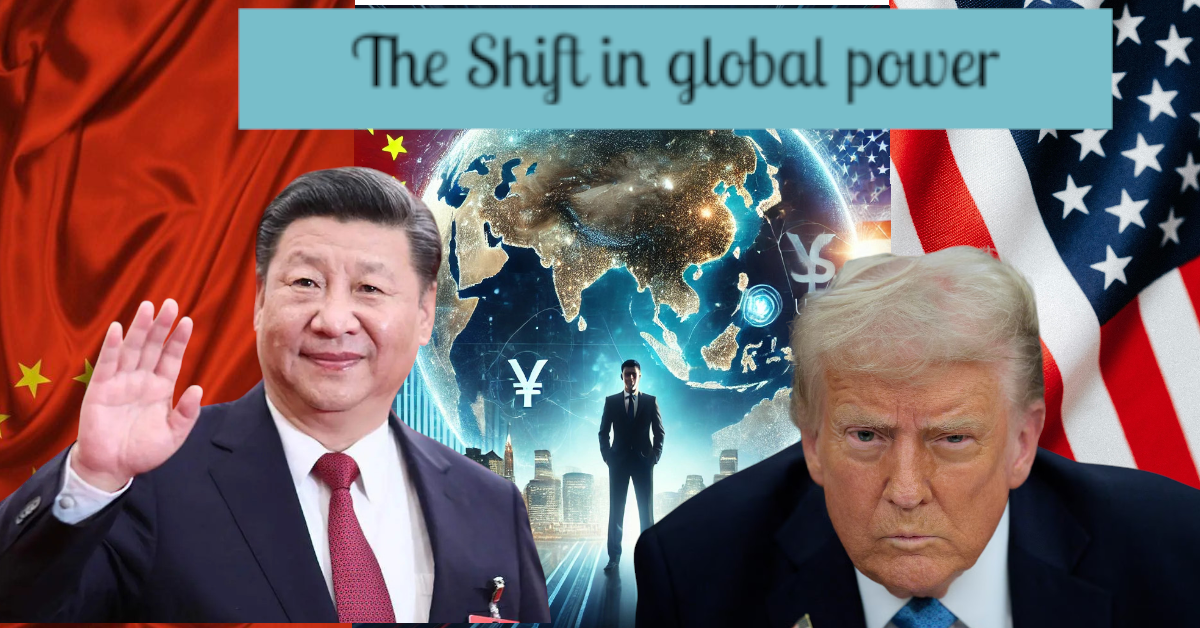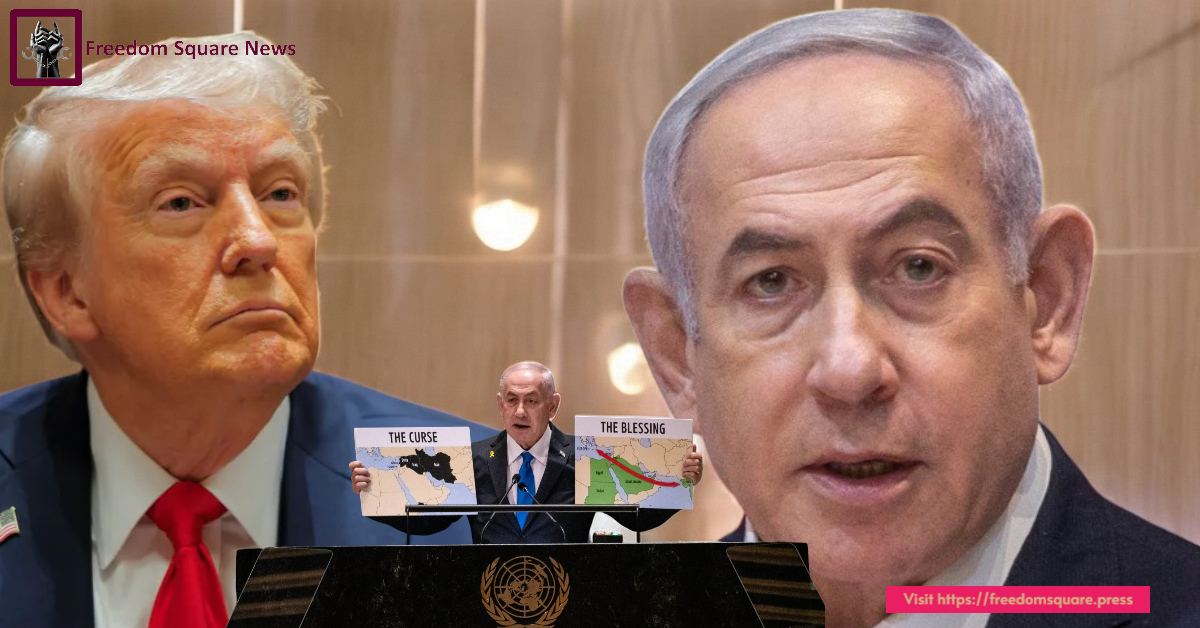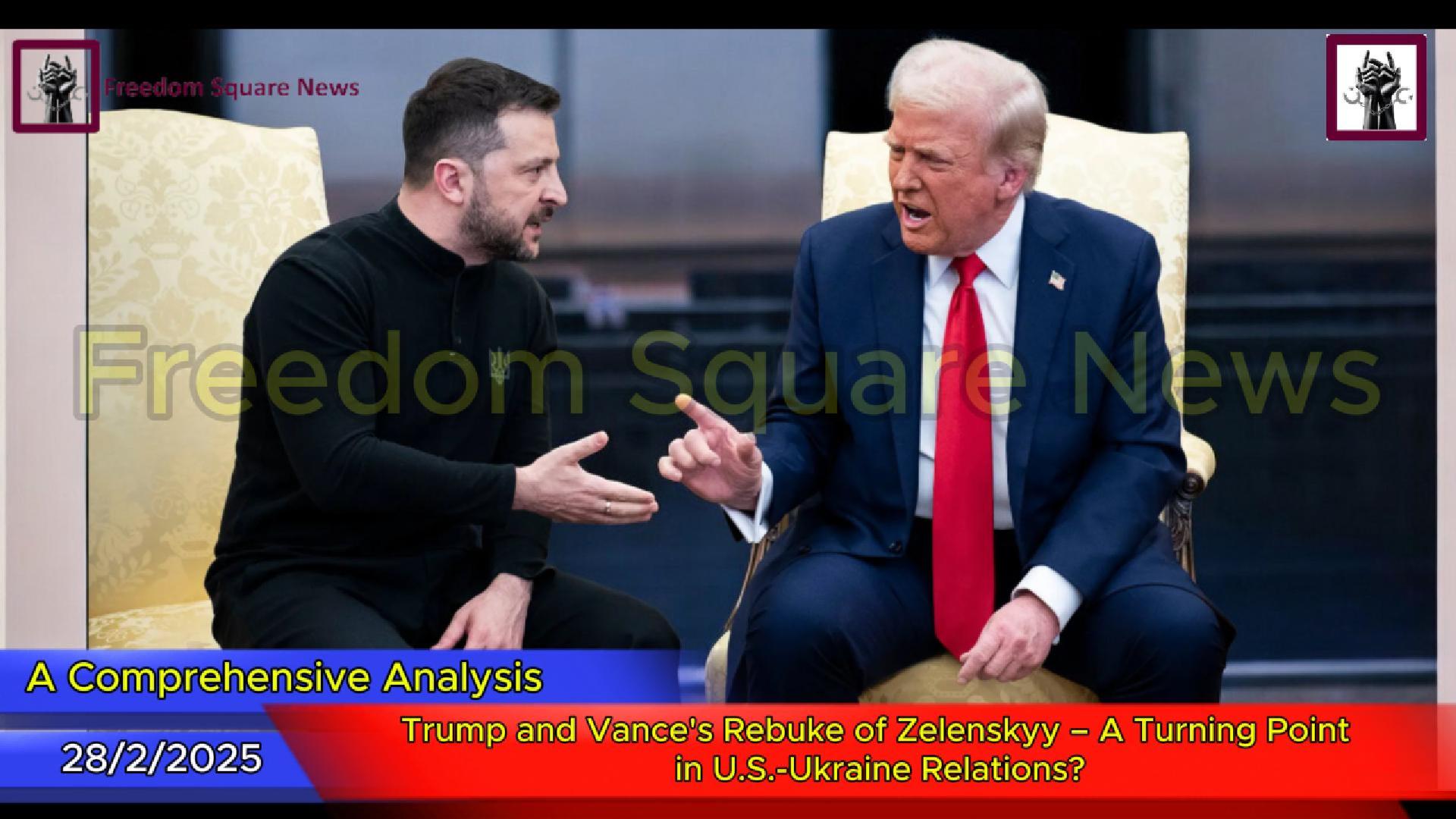Femi Fani-Kayode Sparks Controversy with Thought-Provoking Quotes on Colonial History and Financial Transgressions
Renowned Nigerian politician Femi Fani-Kayode recently stirred up a social media storm by sharing a photo of former UK Prime Minister David Cameron with a striking quote. The quote attributed to Cameron asserted, “If the money stolen from Nigeria in the last 30 years was stolen from the UK, The UK would have ceased to exist.” Fani-Kayode, not one to shy away from bold statements, responded with his own thought-provoking quote: “If the amount of money stolen by the UK from their erstwhile colonies in the last 200 years was stolen from the world today, the world would have ceased to exist.”
This exchange on social media has reignited discussions on the historical and contemporary dynamics of financial disparities between former colonial powers and their colonies. Fani-Kayode’s response sheds light on a broader perspective, emphasizing the long-standing repercussions of economic exploitation and the extraction of wealth from colonized nations.
Cameron’s quote, as shared by Fani-Kayode, draws attention to the magnitude of financial mismanagement and corruption within Nigeria over the past three decades. The assertion that the UK would have faced dire consequences if subjected to a similar level of financial hemorrhaging prompts reflection on the disparities in global economic systems and their impact on nations.
Fani-Kayode’s retort, extending the timeline to the last 200 years and broadening the scope to include financial exploitation by the UK from its erstwhile colonies, adds historical context to the conversation. By suggesting that the world would cease to exist if the ill-gotten gains were reclaimed, he underscores the magnitude of the historical injustices and economic imbalances that persist on a global scale.
This social media exchange serves as a reminder of the complex issues surrounding wealth distribution, colonial legacies, and the need for international conversations on reparations and economic justice. Fani-Kayode’s bold statements challenge us to confront uncomfortable truths about historical exploitation and consider the broader implications for the present and future.
As discussions unfold, it remains to be seen how these thought-provoking quotes will contribute to ongoing debates on global economic justice, the consequences of historical actions, and the imperative for equitable and sustainable international relations.




